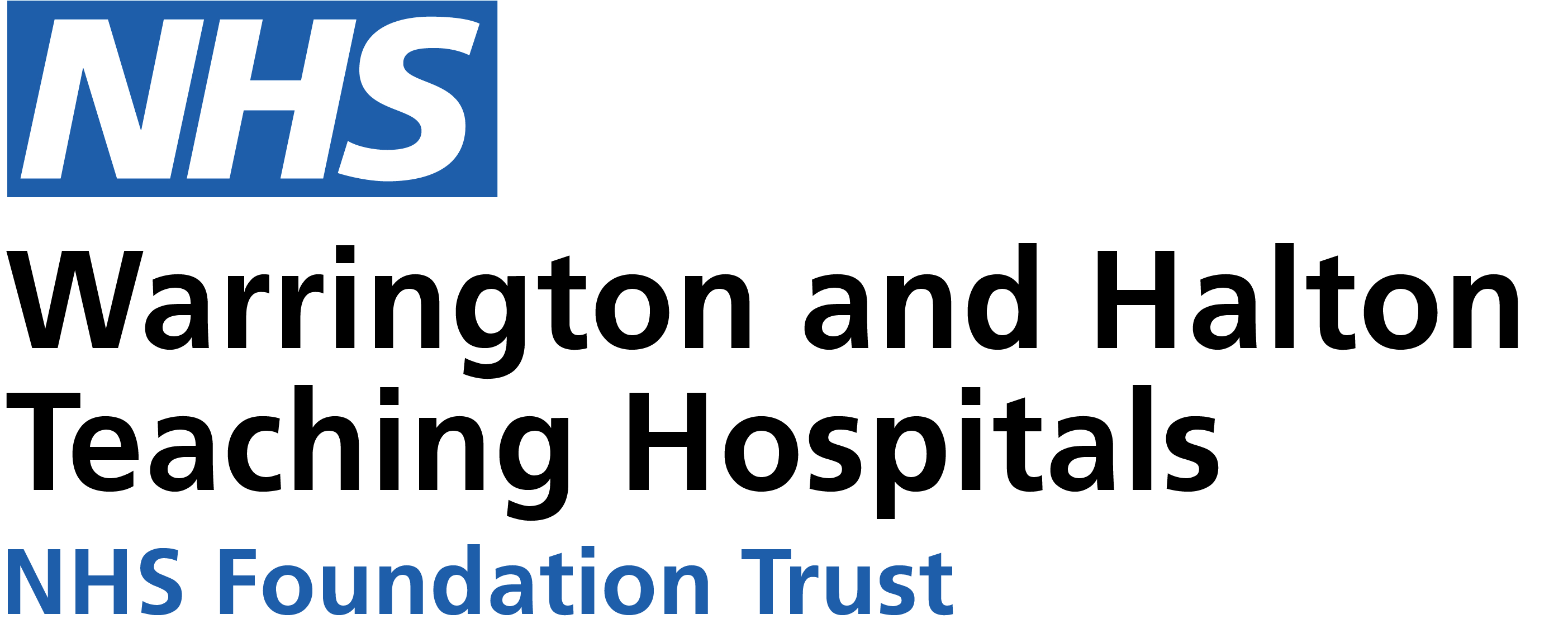Radiology - Nuclear medicine
Last updated: Monday 16 September 2024General introduction
We provide nuclear medicine imaging techniques that look at both organ function and structure. Nuclear medicine is used to diagnose a variety of diseases, including many types of cancers, heart disease and certain other abnormalities within the body.
Most nuclear medicine procedures are performed using a gamma camera, a specialised camera that is capable of detecting radiation and taking pictures from different angles.
The gamma camera detects a very small dose of a radioactive substance which is injected into a patient's body. This allows doctors to build up a picture of the way an organ such as a kidney, thyroid or heart is functioning.
It also tells doctors about the progress of certain diseases such as prostate and breast cancers. We can gather medical information that might otherwise require more expensive diagnostic tests, surgical intervention, or which might not be available by any other means.
Nuclear medicine imaging procedures often identify abnormalities (problems) very early in the progression of a disease - often long before some medical problems are apparent using other diagnostic tests.
